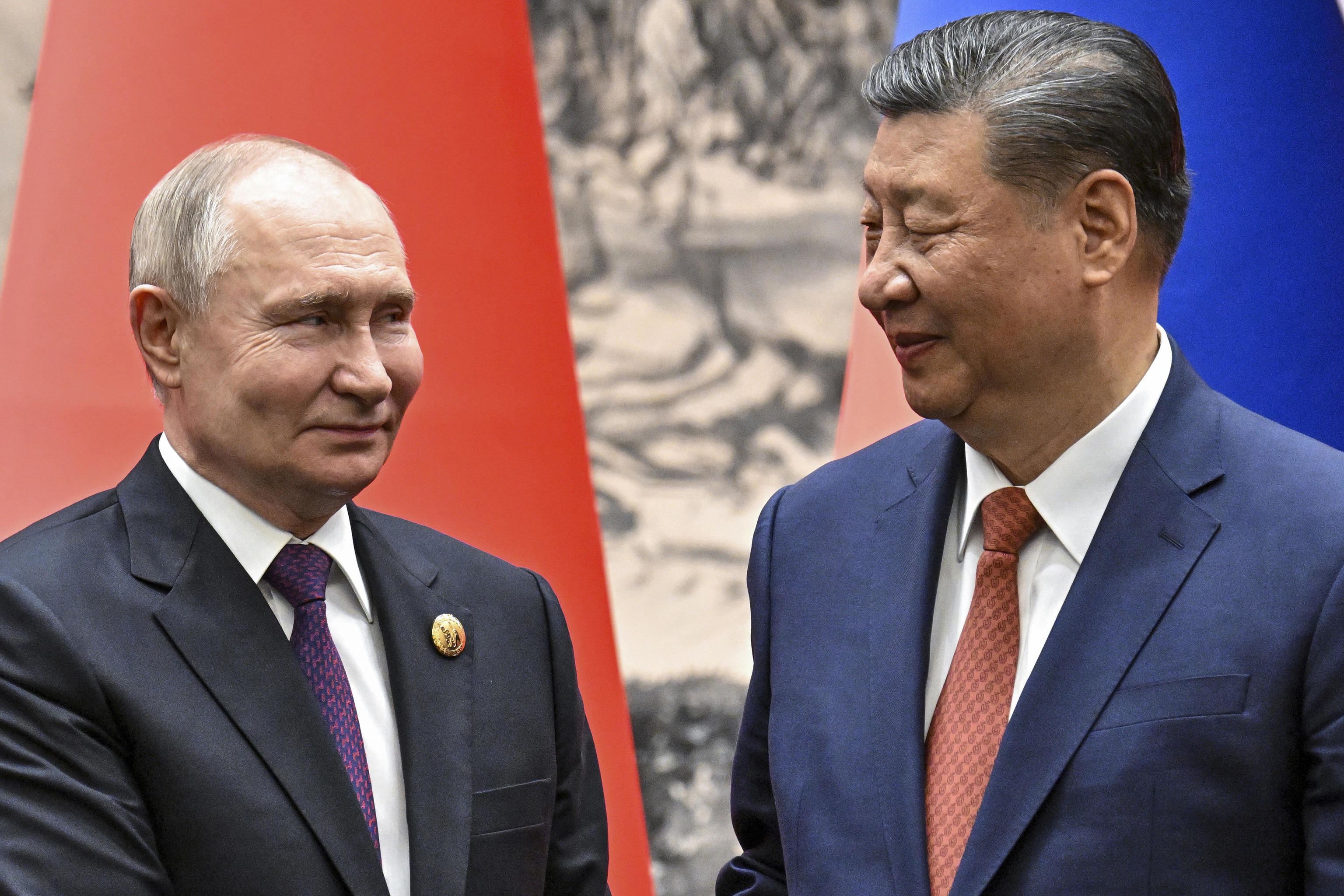Five years later, the concept of tripolarity is becoming a common theme in geopolitical analyses and diplomatic circles. "Can Trump and Putin, along with Xi Jinping, become the architects of a new multipolar world order?", wonders Jan Krikke, a veteran correspondent in Japan and Hong Kong, in a column published in the Asia Times.
In less than a month in office, Trump has sparked a new trade war with China and the rest of the world; he has cut U.S. foreign aid and withdrawn from the World Health Organization and the Paris Agreement; he has agreed with Putin to initiate peace negotiations in Ukraine, sidelining the Government of Volodymyr Zelensky and the European Union.
In less than a month, the world has witnessed the deterioration of the rules-based international order that emerged at the end of World War II. This has been caused by the hegemonic power that has presented itself for decades as the beacon of democracy and global stability but now opts for a new framework where the law of the jungle prevails.
"The closeness of Trump to Putin, and of Putin to Xi, allows these three figures to dictate a new vision of the world, a new order, and a new distribution of power among them," highlighted Josep Borrell, former EU foreign affairs chief, in a recent TVE program. This assessment by the Catalan politician, with each new step taken by Trump, is also shared by some officials from the European Union delegation in the Chinese capital, who are surprised by the condescending tone that the U.S. president is currently using towards China, its major rival in this game.
There were also many surprises at the Munich Security Conference, where U.S. Vice President JD Vance grabbed all the attention with his ideological diatribe against European leaders, while Chinese Foreign Minister Wang Yi pursued the opposite strategy: portraying China as a stable partner for Europe.
Wang also expressed conciliatory words towards Washington, mentioning the need for the two largest global powers to work together, while criticizing U.S. trade protectionism and pointing out something unprecedented until now: it is not China that, as Western democracies have claimed in other forums, is undermining the rules-based system that governs the world order. "What we see is a country withdrawing from international treaties and organizations," he said.
With Kiev and European capitals still stunned by Trump's call to Putin regarding peace negotiations (which China also supports), the U.S. president stated that he was considering holding a summit with Putin and Xi Jinping. "I want to tell you, let's cut our military budget in half and reduce our nuclear arsenals," Trump declared.
The next day, while the focus was on the Munich forum, the Russian state news agency Tass reported that Putin had invited Trump to Moscow for the celebrations in May of the 80th anniversary of the Soviet Union's victory over Nazi Germany. An event that Xi Jinping is expected to attend. If Trump accepts the invitation, Moscow could be the setting for a trilateral meeting between Putin, Trump, and Xi.
The U.S. remains an economic, military, and cultural superpower. It leads the most important military alliance (NATO), and its influence remains significant on all fronts. However, its hegemony has long been threatened by the rise of a China with economic challenges at home but increasingly stronger on the international stage. Beijing has expanded its influence through ambitious infrastructure programs like the Belt and Road Initiative and is significantly enhancing its military capabilities.
Russia, although lagging far behind economically, remains a key player due to its military power, especially its nuclear arsenal, and maintains significant influence in the Middle East, Central Asia, and some countries in Eastern Europe. Additionally, Putin, in need of friends after Western isolation following the invasion of Ukraine, has turned to Xi Jinping, who has helped the Kremlin navigate international sanctions. Beijing and Moscow are rowing in the same authoritarian direction, but the Kremlin is a minor trading partner. It's an unequal relationship. Putin depends much more on Xi, in all aspects, than vice versa.
Putin has now returned to global diplomacy dynamics after Trump opened the door by attempting to negotiate directly with him the end of the war in Ukraine. Meanwhile, the soft power of the Xi Jinping government is taking advantage of the power vacuums left by the protectionist and isolationist policies of the U.S. president.
